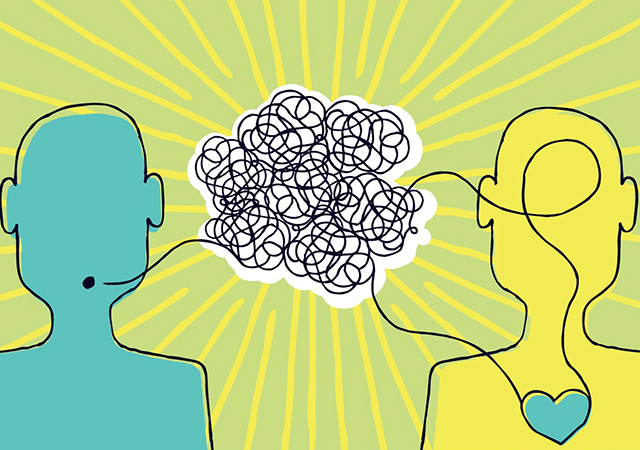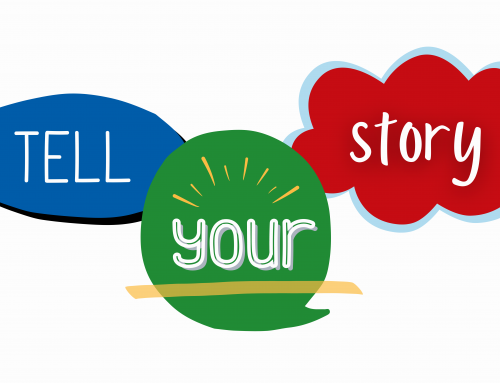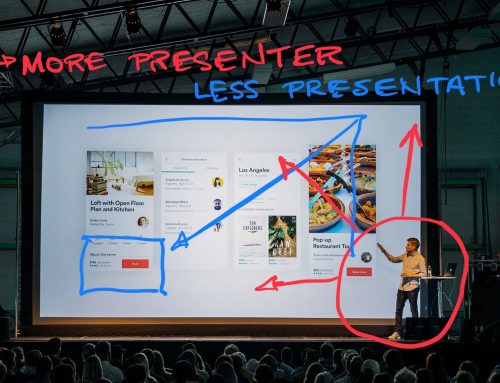As you can imagine, in my years as a vocal coach I’ve developed a particular sensitivity for the human voice. I can sense a person’s life experiences just by listening to the sound of their voice, whatever they actually say. Contents are a verbal construction, a mental elaboration of meaning.
Our truth lives in our sound.
What senses are involved when we get to know a person? Sight and hearing. But even before we listen to the words people say, our brains immediately activate a state of perception and decoding of meaning that considers the pure sound of others’ voices. This is a throwback to our primitive state; before our ancestors developed language for communicating with each other, they knew how to interpret voice and other paraverbal cues and to express themselves similarly, trusting in the meaning others conveyed through voice.
We still have that capacity. Our brains still know how to really listen to human voices in order to sense danger or safety and grasp meaning through tone of voice. It is how we profoundly understand the people we encounter, whatever their ability in manipulating language and words.
Knowing this, we can consciously line up our own sound and words to the best of our ability so we don’t send distorted or confusing messages. Because when the two are out of sync, humans revert back to their primitive intuition and refuse the communication (the technical term for this is “cognitive dissonance”) With the two in sync, our communication is effective: it “rings true” to the listener.
In romantic terms, the human voice goes straight to the heart, whatever words we choose to pronounce.
-Stefano Volpe (April 2019)
WordWorks offers Public Speaking courses and Workshops on how to use your voice to be convincing and to speak to the heart. Click here for more info.
Or ask us for a customized proposal











